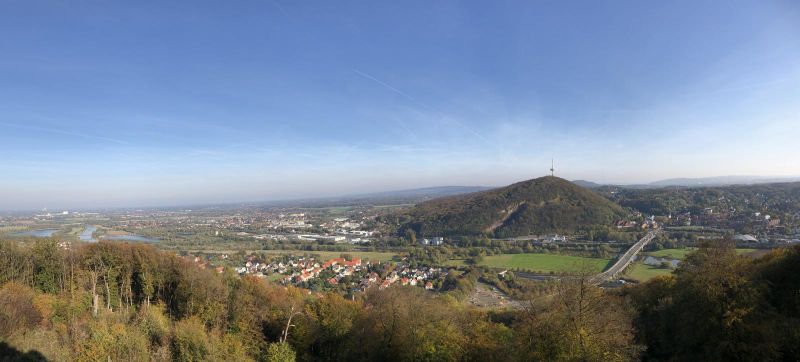Tales from the hills. The fate of Polish forced labourers at Porta Westfalica 1944/45
Mediathek Sorted






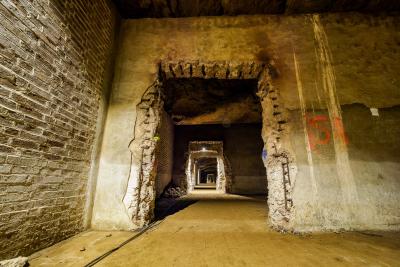
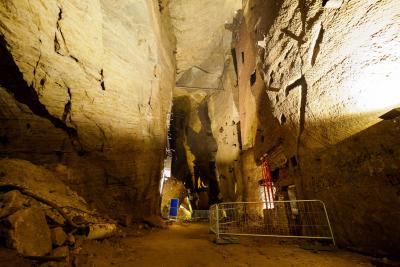

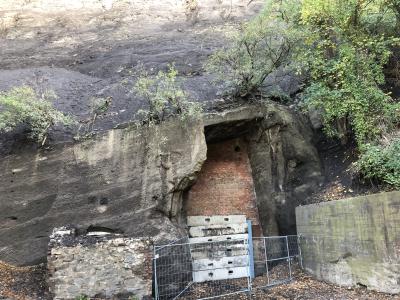

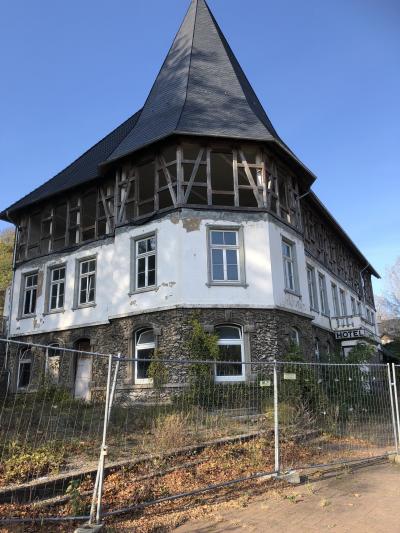

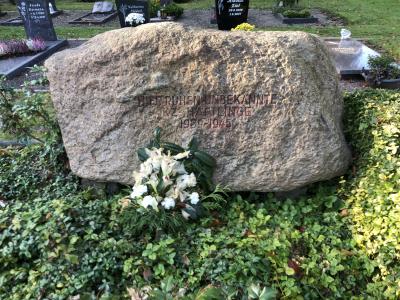

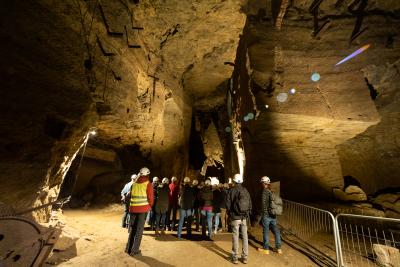

Henryka Zaorska and Krystyna Zaorska-Burczyk
The story of these two women is the only example known to date of female Polish forced labourers at Porta Westfalica. After the suppression of the Warsaw Uprising, Henryka and her daughter Krystyna, who was 14 at the time, were arrested during a street raid by the SS. On 6 August 1944, shortly after the start of the Warsaw Uprising, a transit camp was erected on the western edge of Warsaw near Pruszków, which was “(...) intended for use as a transit point for the deportation of the civilian population of Warsaw for forced labour and to the concentration camps”.[47] Like many thousands of female Poles, Henryka and Krystyna were taken from this transit camp to Ravensbrück concentration camp. During the late summer and autumn of 1944, around 12,000 women and girls were deported from Warsaw, where the rebellion took place, to the largest women’s concentration camp.[48] Henryka and Krystyna were taken to a satellite camp of Ravensbrück in Königsberg/Neumark, where they were both forced to perform heavy excavation work. Krystyna’s health declined severely from the harsh working conditions, the cold and the constant malnutrition, and she became gravely ill. She was separated from her mother and returned to the main Ravensbrück camp. Thanks to several strokes of luck and the help of prisoner functionaries, mother and daughter were reunited in Ravensbrück. At the end of February 1945, they boarded a transport train to East-Westphalia carrying about 300 women who were to be used as forced labourers.[49]
Of this group, around 100 women were deported to the Porta, and were interned at the Gasthof Kohlmeier hotel and restaurant near Vennebeck in the Wiehengebirge hills. It was thanks to Krystyna’s report that it was possible to identify this accommodation as one of those used for female prisoners at the Porta.[50] Due to their physical weakness, however, the women interned in Vennebeck could no longer be used to provide forced labour. Eight of them did not survive, including Krystyna’s mother Henryka, who died from utter exhaustion on 26 March 1945. For the young Krystyna, this was a terrible blow – particularly since she had to bury her mother herself.[51]
After Krystyna and the other female prisoners were liberated by the US Army, she passed through several Displaced Persons camps before returning to her home town of Gdynia in the autumn of 1946. Regular participation in witness interviews with children and young adults helped her to deal with her experience of the war and her imprisonment.[52]
It is currently not possible to ascertain whether there were more female prisoners of Polish origin at the Porta. However, due to the large number of Polish women at Ravensbrück concentration camp and their increased use as forced labourers in various armament production facilities, including in satellite camps, we can at least assume that there could certainly have been more female Polish prisoners at the Porta.[53] On the basis of research findings to date, however, it has not been possible to speculate about how many there were.
[47] Strebel, Bernhard: Das KZ Ravensbrück. Geschichte eines Lagerkomplexes, p. 144.
[48] See ibid., p. 138.
[49] See KZ-Gedenk- und Dokumentationsstätte Porta Westfalica: Krystyna Zaorska-Burczyk, in: https://www.gedenkstaette-porta.de/?page_id=350, last accessed on 18/2/2020.
[50] According to current research, there is no evidence to show that the Gasthof Kohlmeier was used as an independent camp. There is nothing to indicate that the hotel was rented with the long-term aim of creating a camp, since it was evacuated shortly after the female prisoners were first interned there.
[51] See KZ-Gedenk- und Dokumentationsstätte Porta Westfalica: Krystyna Zaorska-Burczyk, in: https://www.gedenkstaette-porta.de/?page_id=350, last accessed on 18/2/2020.
[52] See ibid.
[53] See Strebel, Bernhard, p. 138 f.; see Pociłowska, Zofia: Brief Nr. I (probably March/April 1943), p. 67 f.





















































































